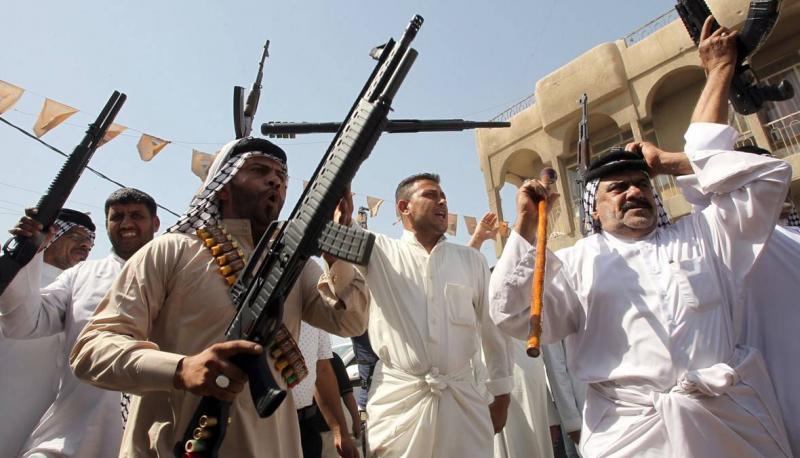A member of the Iraqi parliamentary security committee, MP Waad al-Qadu, confirmed today, Friday, that four provinces are close to being free of "tribal attacks" in the country. Al-Qadu stated in an interview with "Baghdad Today" that "tribal attacks have serious repercussions on society and public order, often leading to civilian casualties," noting that "law, references, and society are against this phenomenon, which has emerged unprecedentedly in recent years, causing genuine concern due to its consequences including home burnings and family displacements."
Al-Qadu added that "the efforts of the Ministry of Interior and the implementation of laws to confront tribal attacks, along with the engagement of social elites, have led to their decline," highlighting that "four provinces are nearing their records being free of tribal attacks, which is a positive indicator of community interaction." He mentioned that "the rate of decrease in tribal attacks in 2024 compared to 2023 is about 80%, which is a good figure reflecting success in engaging with the Ministry of Interior's efforts to mitigate this phenomenon, which has been behind many tragedies."
Meanwhile, member of the parliament from Dhi Qar province, Aref al-Hamami, revealed on Monday that there is parliamentary movement to classify tribal disputes under the anti-terrorism law, disclosing details about a proposal for the government to purchase weapons from citizens. Al-Hamami stated in an interview with "Baghdad Today" that they "informed Prime Minister Mohammed Shiaa al-Sudani of the necessity to begin military operations to restore security in Dhi Qar province, to which the Commander-in-Chief of the Armed Forces responded that the operation would proceed soon."
Regarding the proposal to purchase weapons from citizens, Al-Hamami clarified that "the government will announce the purchase of medium and heavy weapons from citizens and tribes," emphasizing that "if any party refrains from selling officially, the security forces will remove those weapons by force." He pointed out that "some of our tribes possess arsenals that exceed the capabilities of the security devices in the province, which is part of what has caused disputes in the Al-Ishaqi district," noting that "there are discussions between members of parliament and the head of the Supreme Judicial Council, Judge Faik Zidan, aimed at issuing a strict judicial decision against those inciting tribal disputes similar to tribal attacks, considering their perpetrators under Article 4 of the Anti-Terrorism Law."




